Online Graduate Certificate in Digital Curation
About the Program
The online Graduate Certificate in Digital Curation teaches students how to acquire, organize, present, and preserve information and culture in the digital age. Whether you work in an archive, museum, library, studio, business, doctor’s office, or government office, you’ll learn how to preserve digital assets ranging from videotapes to photographs to textual records.
Contact Us
Have questions about earning your Graduate Certificate in Digital Curation online with UMaine? Contact a UMaineOnline advisor.
Student Experiences
Curriculum
Admissions
Careers
The demand for professionals who can adequately conserve and restore assets is growing. According to the U.S. Bureau of Labor Statistics (BLS), the overall employment of archivists, curators, and museum workers is projected to grow 10% from 2022 to 2032, much faster than the average for all occupations. About 5,000 job openings are projected each year, on average, over the decade. The median annual wage was $57,120 as of May 2023.
Notable Companies Employing Alumni
- US House of Representatives, Washington, DC
- International Court of Justice, The Hague, The Netherlands
- Library of Congress, Washington, DC
- Harvard Archives, Cambridge, MA
- University of South Africa, Pretoria, South Africa
- US Naval Undersea Museum, Kingston, WA
- Walter Reed National Military Medical Center, Bethesda, MD
- Colby College, Waterville, ME
- Maine State Archives, Augusta, ME









